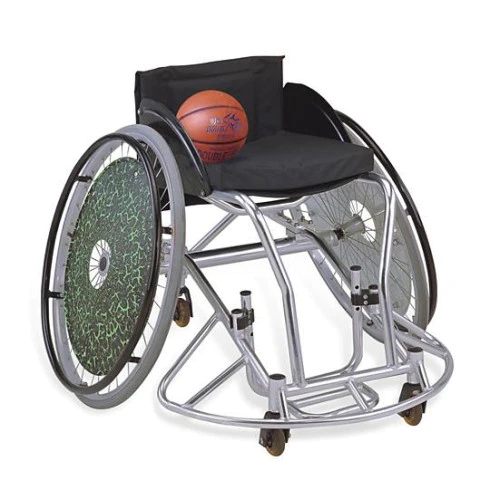Wheelchair
4.9(8)
Card Sorting
1/34
Earn XP
Description and Tags
Last updated 10:43 PM on 5/15/23
Name | Mastery | Learn | Test | Matching | Spaced | Call with Kai |
|---|
No analytics yet
Send a link to your students to track their progress
35 Terms
1
New cards
* Maximize functional independence with activities of daily living
* Minimize the risk of secondary injuries
* Correct or accommodate for skeletal deformities
* Minimize the risk of secondary injuries
* Correct or accommodate for skeletal deformities
functions of wheelchairs and seating system.
2
New cards
* Wheel locks
* Pelvic positioners
* Caster wheels
* Drive (Push) Wheels
* Armrests
* Footplates
* Footrests
* Elevating Legrests
* Anti-tipping Devices
* Pelvic positioners
* Caster wheels
* Drive (Push) Wheels
* Armrests
* Footplates
* Footrests
* Elevating Legrests
* Anti-tipping Devices
wheelchair components.
3
New cards
Wheel locks or Toggle Locks
\- stabilize the wheelchair after the wheelchair has been stopped
\- must be engaged whenever an individual is moving into or out of a wheelchair
\- must make contact with tires
\- are usually engaged by pushing a lever on each side of the chair
\- must be engaged whenever an individual is moving into or out of a wheelchair
\- must make contact with tires
\- are usually engaged by pushing a lever on each side of the chair
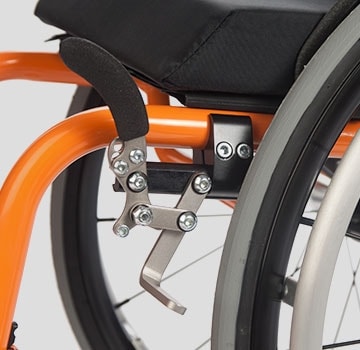
4
New cards
Pelvic Positioners
\- these are devices that stabilize a patient’s pelvis in the proper position while seated in a wheelchair - their purpose is to not to prevent patients from falling out of the chair
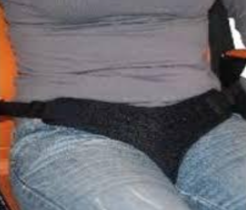
5
New cards
Lap and Chest Belts
provided to protect the patient who has inadequate balance or trunk stability.
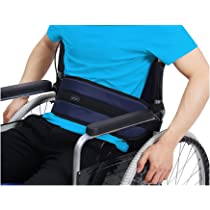
6
New cards
Caster Wheels
\- these are the small front wheels of the wheelchair
\- there are two basic styles that are available
* *standard solid rubber and pneumatic/semi-pneumatic*
* *pneumatic tires are filled with air - provide shock absorption and a smoother ride*
\- usually 5-8 in diameter
\- there are two basic styles that are available
* *standard solid rubber and pneumatic/semi-pneumatic*
* *pneumatic tires are filled with air - provide shock absorption and a smoother ride*
\- usually 5-8 in diameter
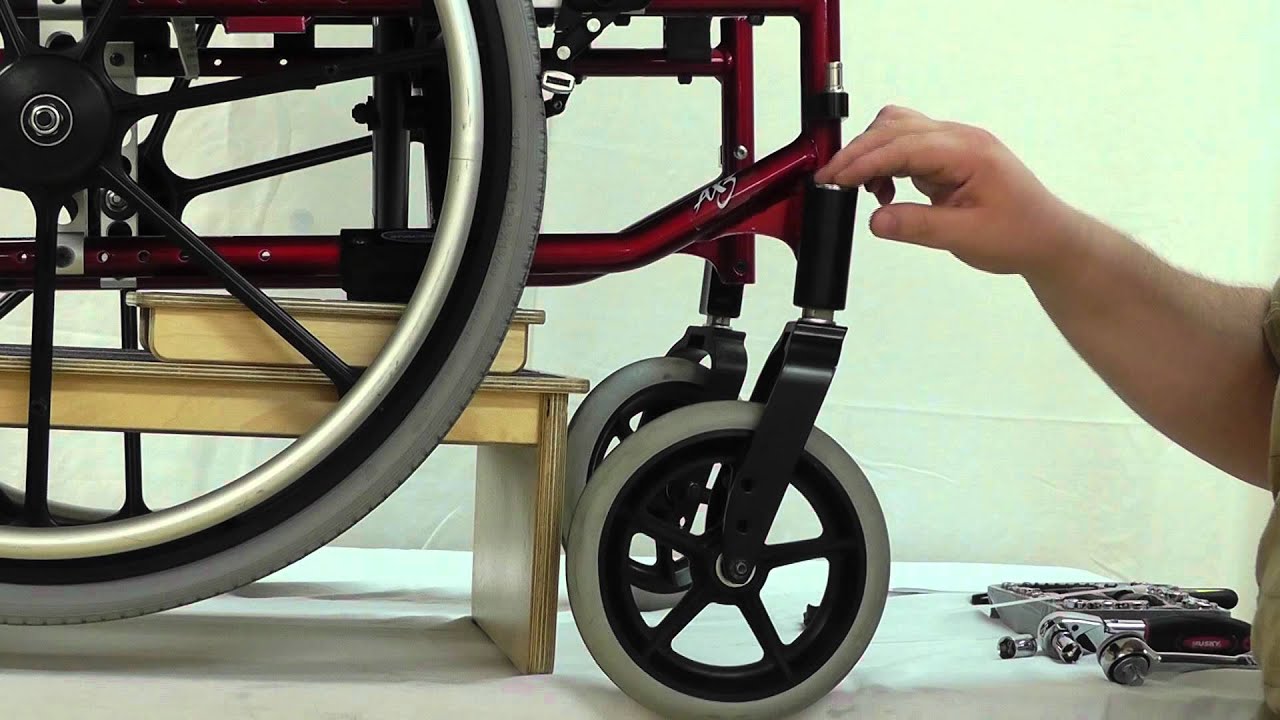
7
New cards
Drive/Rear Wheels
\- are the large rear wheels and are used for propulsion (can also come in standard solid rubber or pneumatic)
\- have inner and outer rims
* *inner rim - are for mounting the tires*
* *outer rim - is used for propelling the rim*
\- can be reinforced by either a mag wheel or spoked wheel
\- have inner and outer rims
* *inner rim - are for mounting the tires*
* *outer rim - is used for propelling the rim*
\- can be reinforced by either a mag wheel or spoked wheel
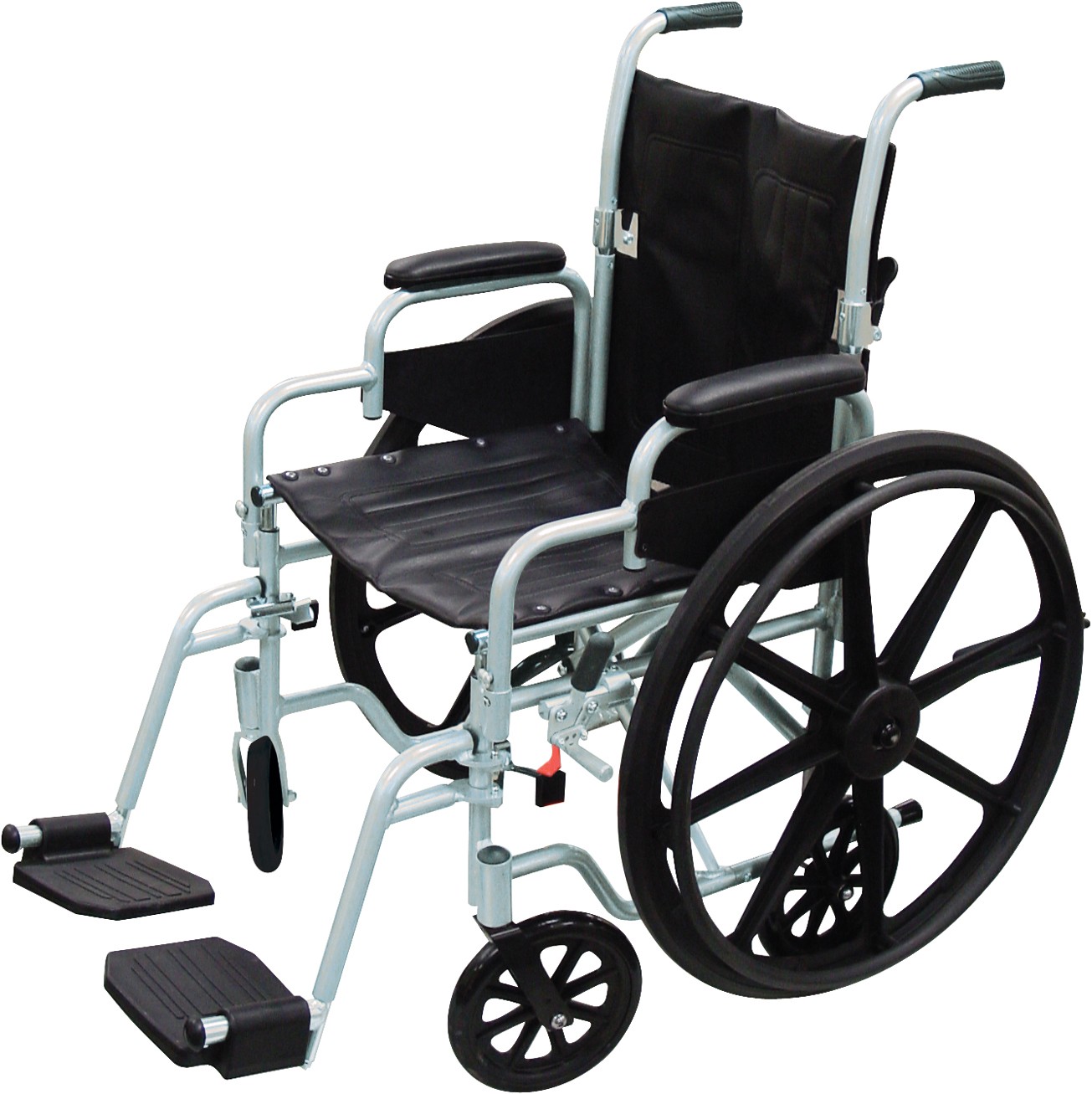
8
New cards
Pneumatic Tires
have been modified to reduce the potential for flat tires.
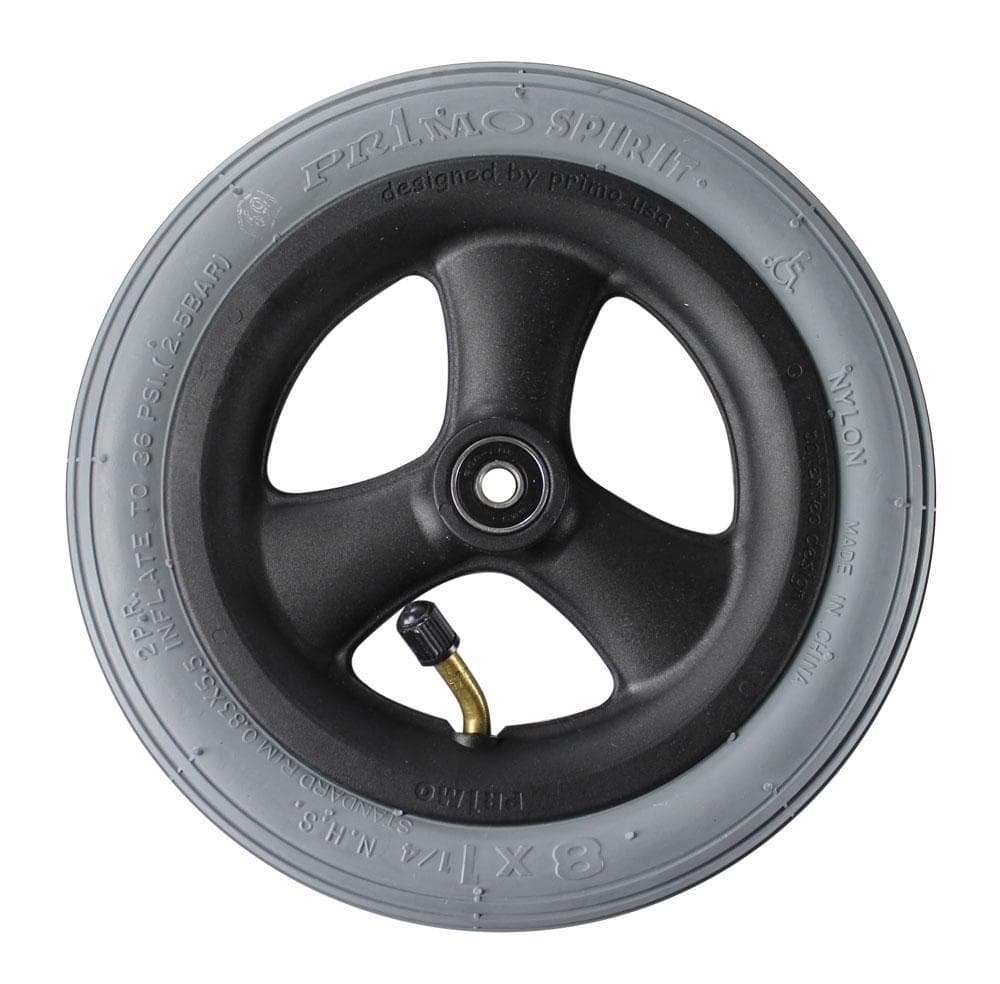
9
New cards
Camber
\- is the angle of rear wheel tilt
\- advantages:
* brings wheels inward and closer to the body, which enables the arms to access more of the pushrim
* reduces shoulder abduction because the wheels are closer to the body
* increases lateral stability
\- disadvantages:
* wider wheelchair, which can be problematic in tight areas
* diminished traction and uneven tire wear on a conventional tire
\- advantages:
* brings wheels inward and closer to the body, which enables the arms to access more of the pushrim
* reduces shoulder abduction because the wheels are closer to the body
* increases lateral stability
\- disadvantages:
* wider wheelchair, which can be problematic in tight areas
* diminished traction and uneven tire wear on a conventional tire
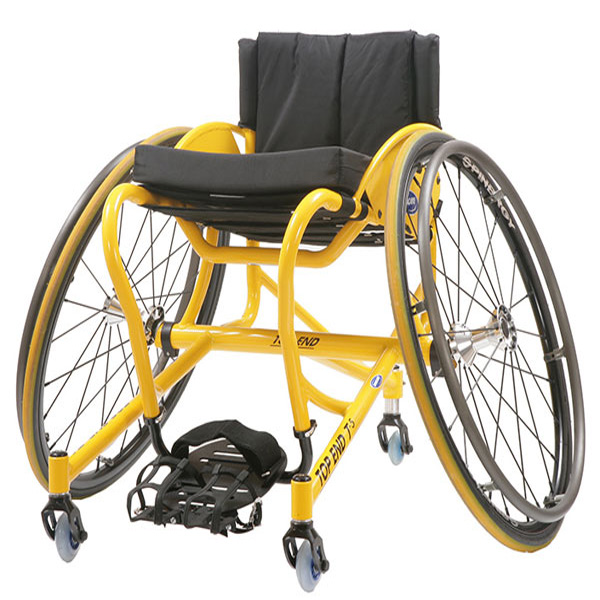
10
New cards
Armrests
\- are either full length, desk length, or standard
\- fixed or removal/reversible armrest
\- desk or cut-out/full length
\- fixed or removal/reversible armrest
\- desk or cut-out/full length
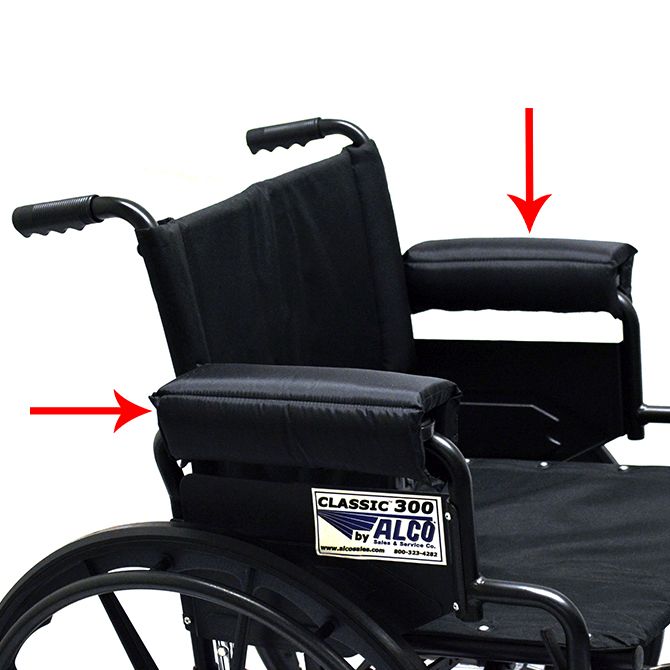
11
New cards
Front Rigging
\- it consists of a foot plate attached to either a foot rest or an elevating leg rest
\- provides support for the lower extremities
\- provides support for the lower extremities
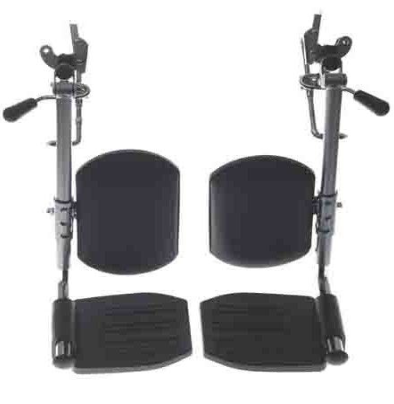
12
New cards
Foot Rest
front rigging with a footplate.
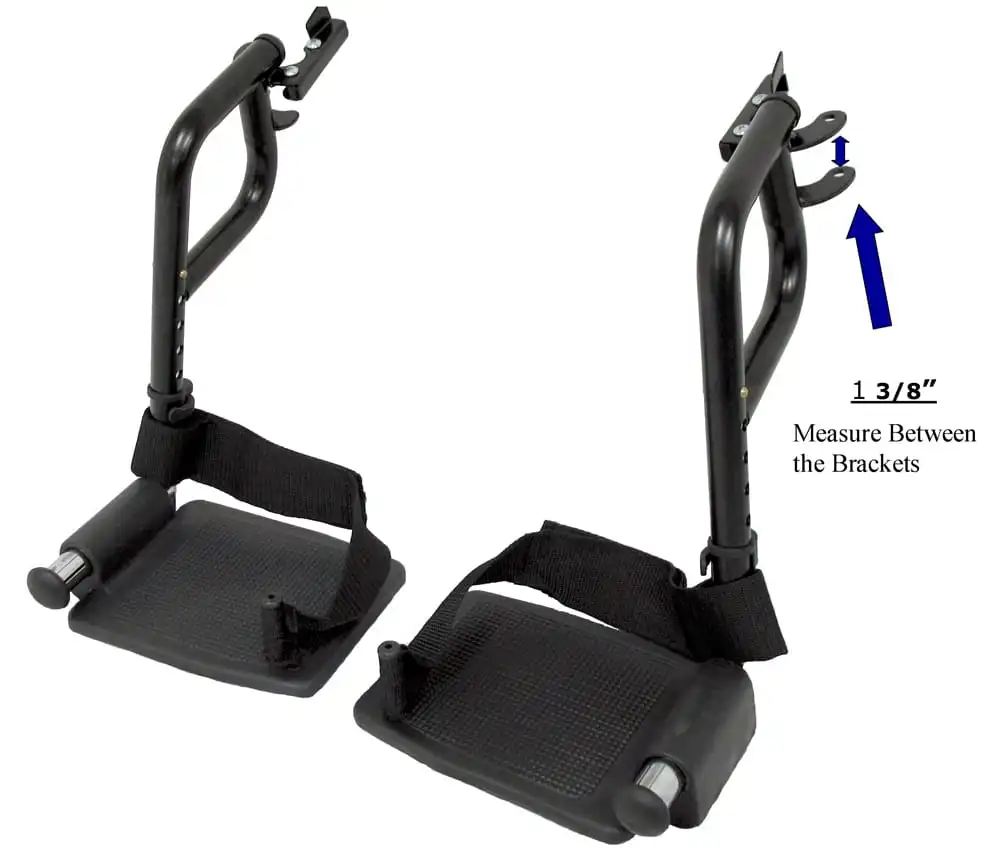
13
New cards
Leg Rest
front rigging with a footplate and a calf pad support.
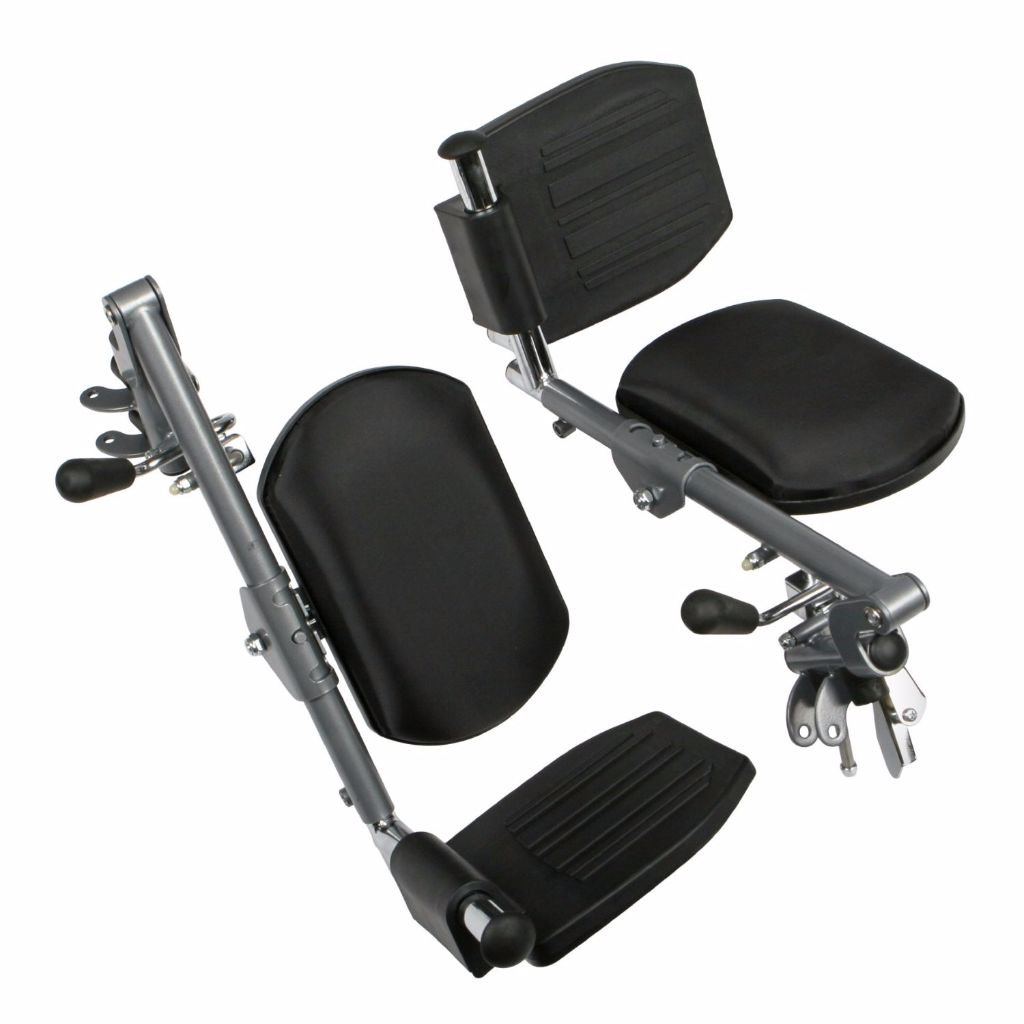
14
New cards
Footplates
\- this is where the patient’s feet rest on these
\- are available in several sizes to accommodate to the patient’s foot
\- are available in several sizes to accommodate to the patient’s foot
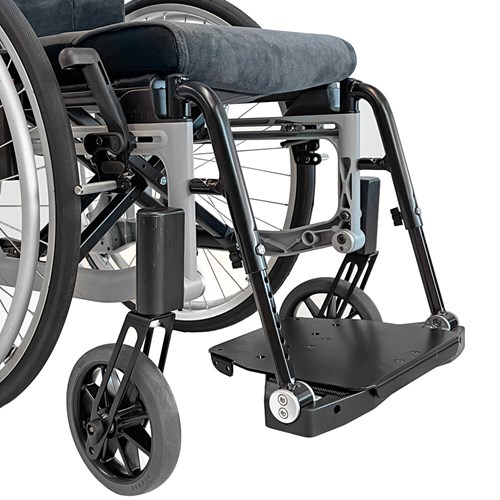
15
New cards
Heel Loops
prevent the heels from sliding off the footplates
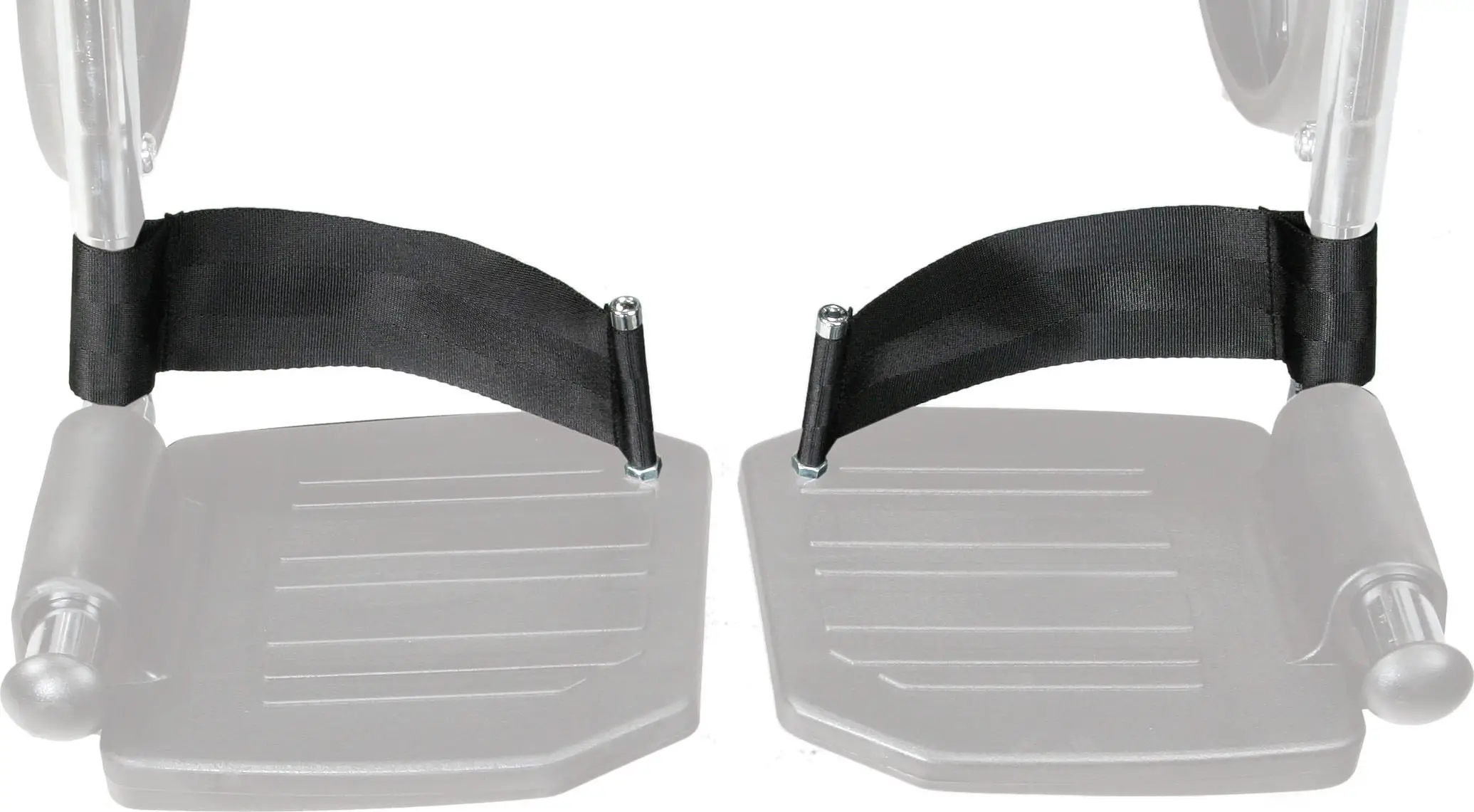
16
New cards
Elevating Legrests
\- these are necessary when the patient is unable to bend their knees
\- a calf pad support provides a cushion for the calf and support for the leg
\- is adjustable - by releasing a lock
\- a calf pad support provides a cushion for the calf and support for the leg
\- is adjustable - by releasing a lock
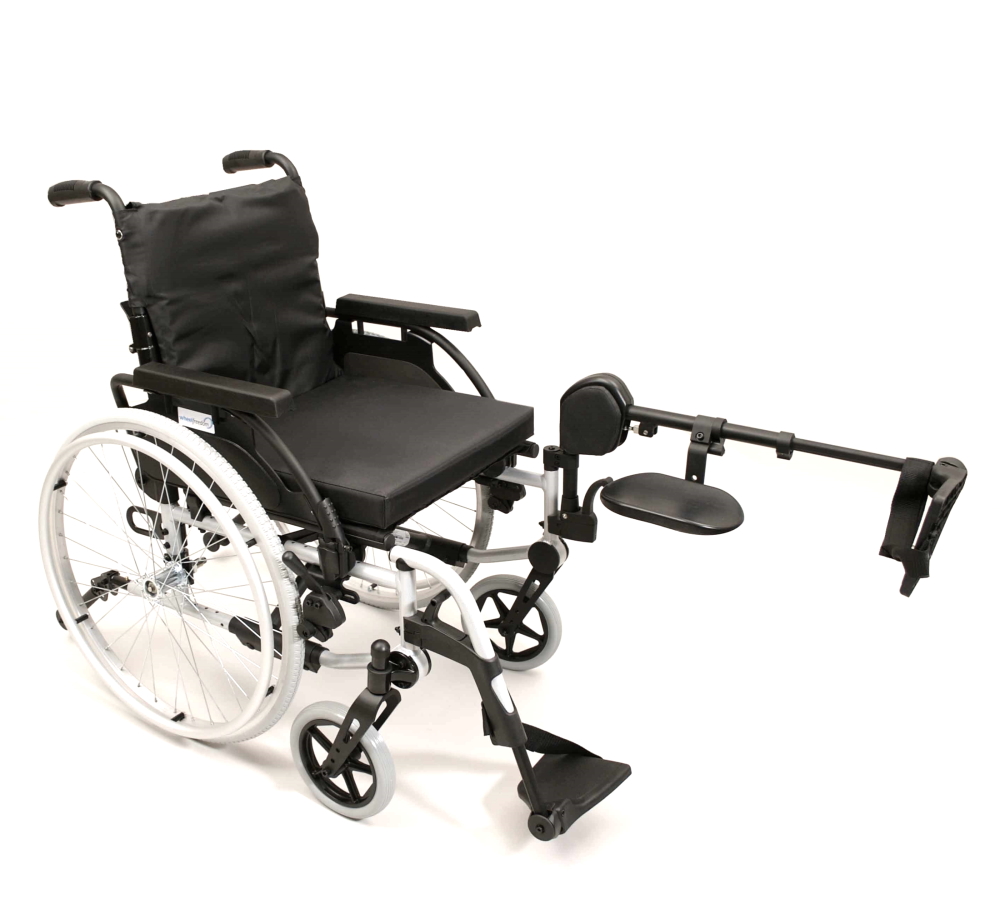
17
New cards
Anti tipping Device
these are small extensions which are attached to the horizontal support bar which prevent accidental backward tipping of the wheelchair
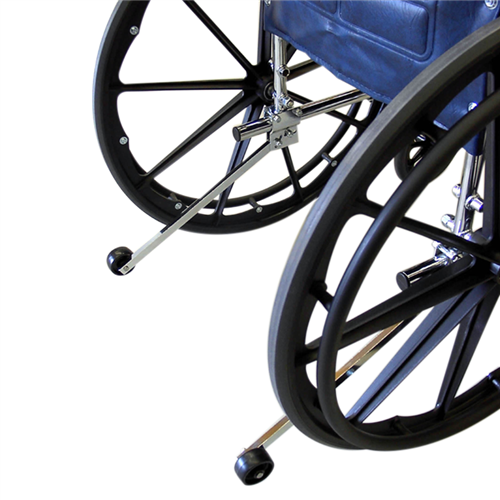
18
New cards
Folding Wheelchair
\- wheelchairs that can be folded or collapsed for storage or transport use a similar method for folding
\- can be folded by a special strap, the chairs cannot be folded by the material of the seats because it will cause the material to tear and break.
\- can be folded by a special strap, the chairs cannot be folded by the material of the seats because it will cause the material to tear and break.
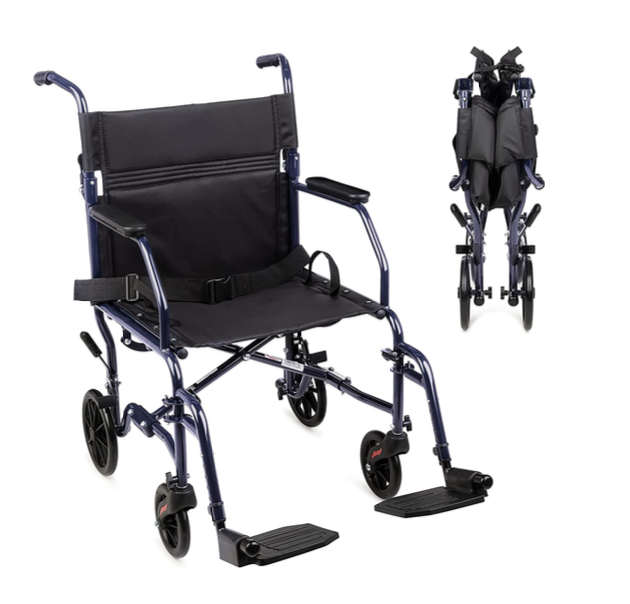
19
New cards
Standard Wheelchair
\- is durable and is the standard for facility use
\- these are available in several sizes to fit patients from children to adults
\- usually designed for persons weighing less than 200lbs
\- these are available in several sizes to fit patients from children to adults
\- usually designed for persons weighing less than 200lbs
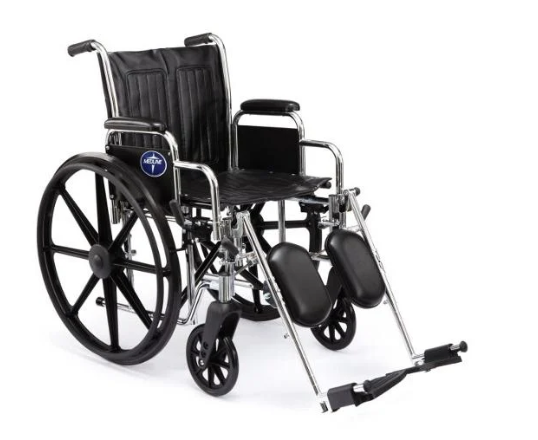
20
New cards
Fixed Frame
\- frame is solid and can not be folded
\- the front rigging is part of the frame and cannot be removed
\- reduced shock absorption because the frame in unitized design is rigid
\- the front rigging is part of the frame and cannot be removed
\- reduced shock absorption because the frame in unitized design is rigid
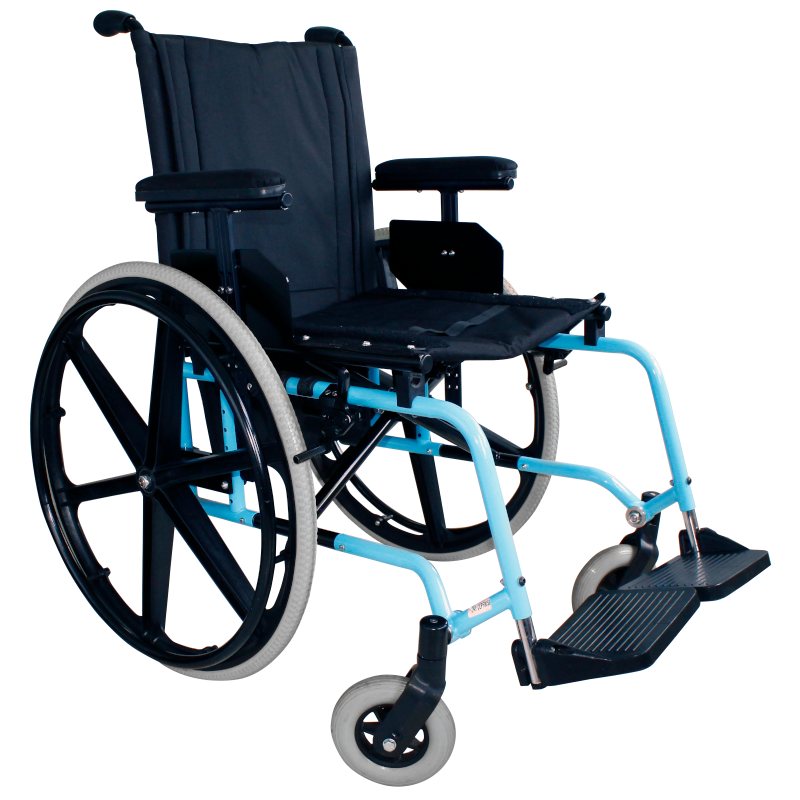
21
New cards
Heavy Duty
constructed for persons weighing more than 200 lbs or for those who perform vigorous activities
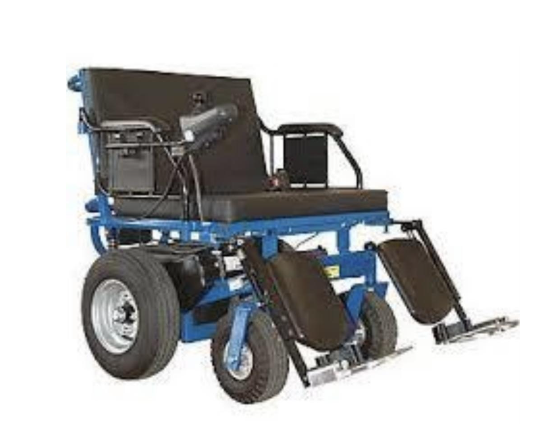
22
New cards
Reclining Back Wheelchair
\- are for those patients that are unable to sit erect
\- head support is also required when the back is reclined
\- takes much more space
\- there is a lock, and adjusting the angle of the back
\- complete reclining or partial reclining
\- head support is also required when the back is reclined
\- takes much more space
\- there is a lock, and adjusting the angle of the back
\- complete reclining or partial reclining
23
New cards
Tilt in Space Wheelchair
\- it has a fixed seat to back angle even when reclined
\- permits changes of orientation for pressure relief maintaining the postural control
\- permits changes of orientation for pressure relief maintaining the postural control
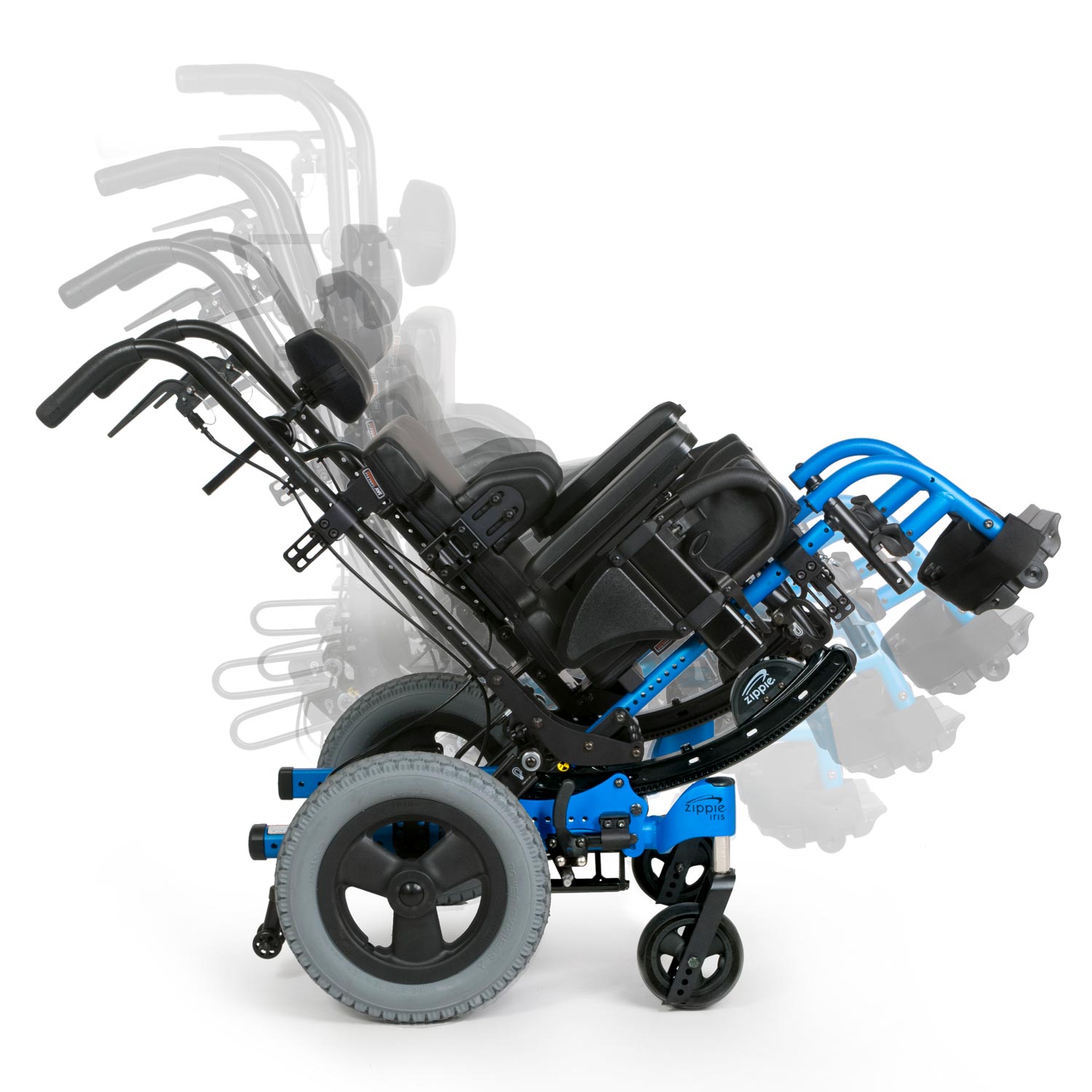
24
New cards
One Arm Drive Wheelchair
are made for patients with one functional upper extremity.
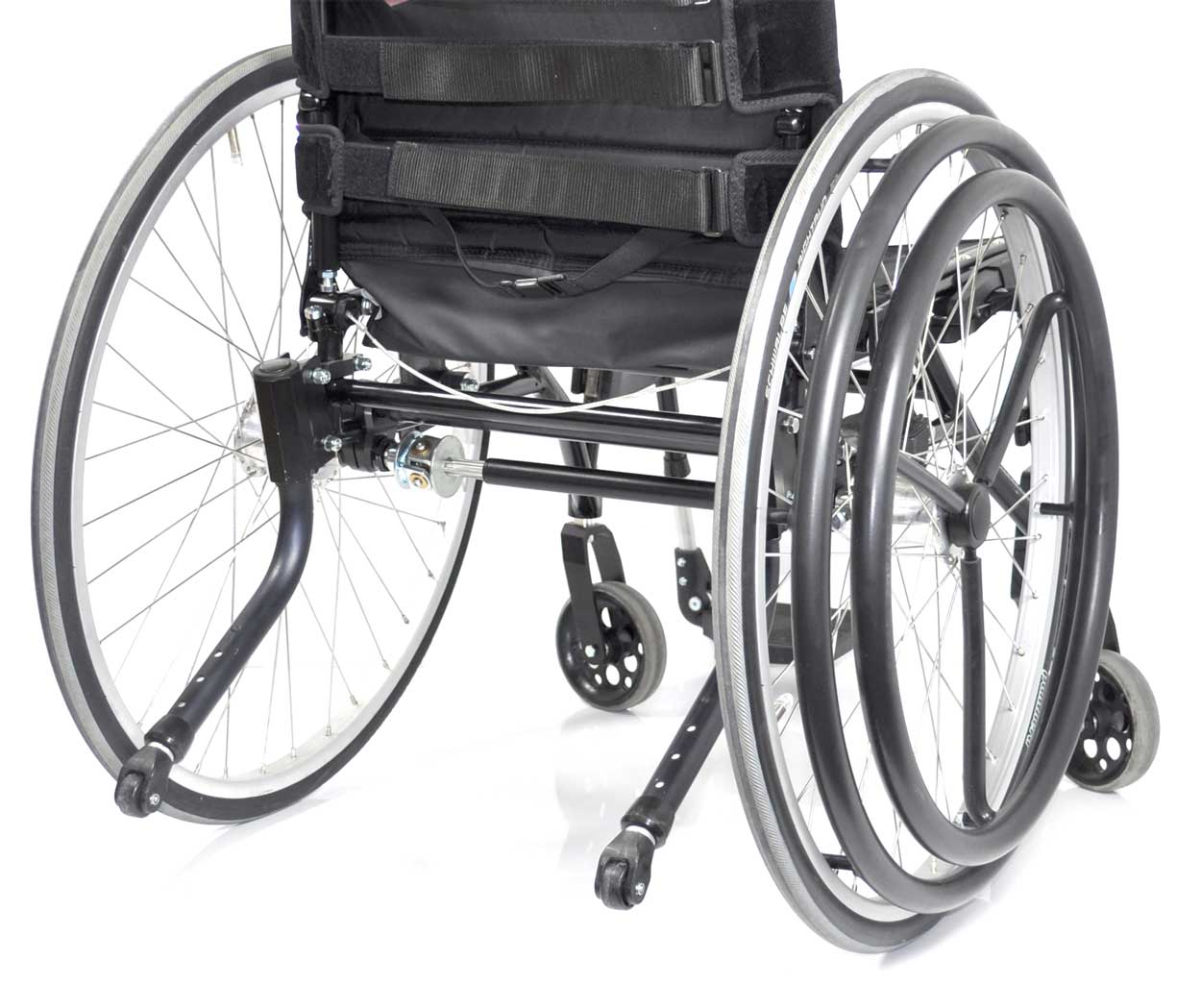
25
New cards
Amputee Wheelchair
\- have the drive wheels behind the vertical back supports
\- if the wheelchair’s base of support is not moved posteriorly with respect to the individual, the wheelchair will be less stable and might trip backwards.
\- if the wheelchair’s base of support is not moved posteriorly with respect to the individual, the wheelchair will be less stable and might trip backwards.
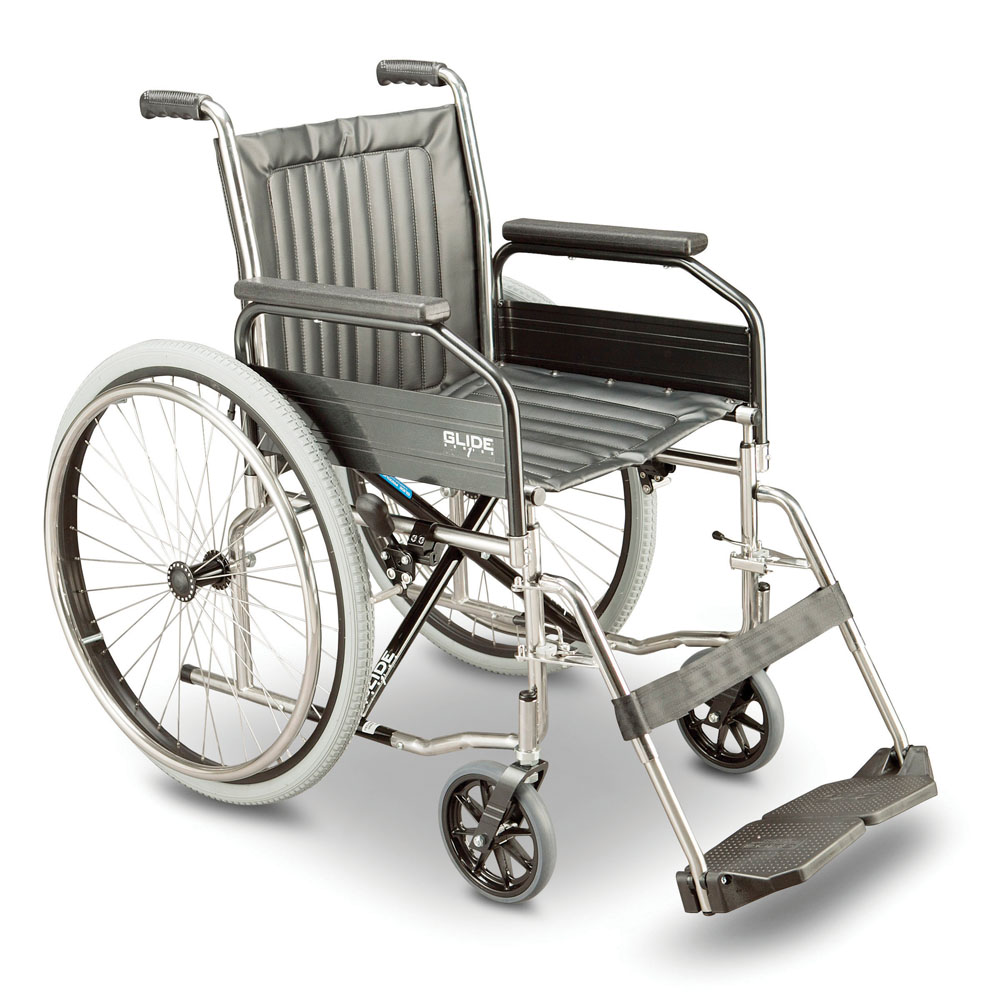
26
New cards
Companion Wheelchair
\- also called a travel chair
\- has light weight components
\- has light weight components
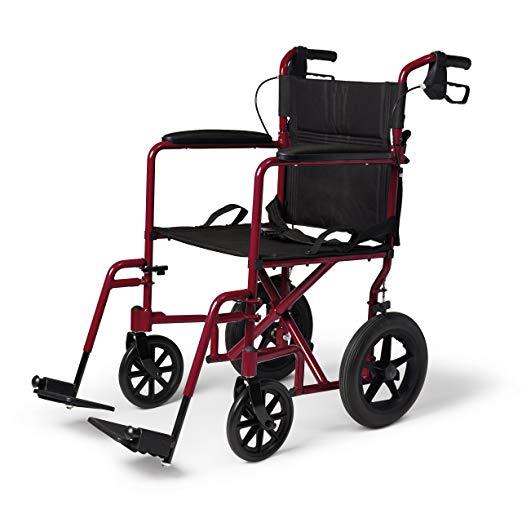
27
New cards
Motorized Wheelchairs and Scooters
\- this is for individuals with limited functional ability.
\- some of these wheelchairs have the capability to use a power mechanism to recline the back of the wheelchair, which permits the patient to change position for different kinds of activities
\- some of these wheelchairs have the capability to use a power mechanism to recline the back of the wheelchair, which permits the patient to change position for different kinds of activities
28
New cards
Rear Wheel Drive
is characterized by large drive wheels in the rear and small pivoting casters in the front.
29
New cards
Front Wheel Drive
\- features large drive wheels in the front and small pivoting casters in the rear
\- has the best capability to climb forward over small obstacles
\- a tendency for the rear wheel to wander sideward (fishtailing).
\- has the best capability to climb forward over small obstacles
\- a tendency for the rear wheel to wander sideward (fishtailing).
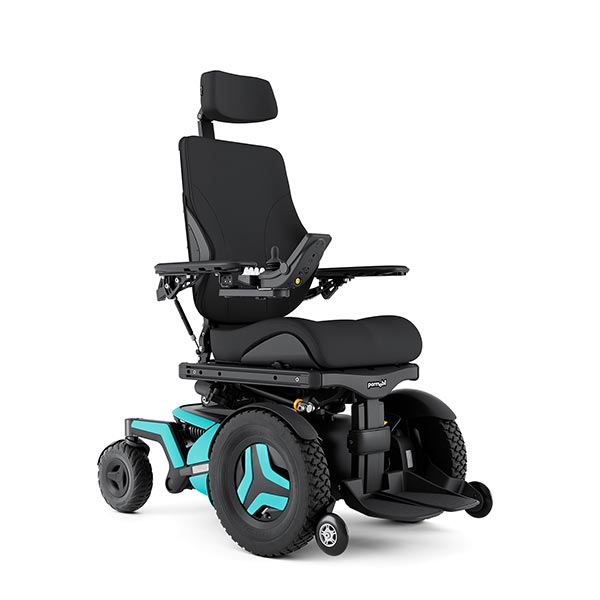
30
New cards
Mid Wheel Drive
the drive wheels are located near the center of the power wheelchair, allowing the user to seemingly turn on center, dramatically increasing indoor maneuverability.
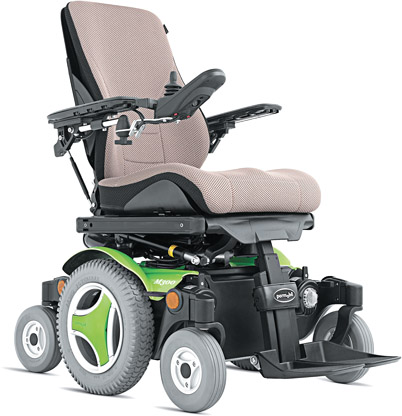
31
New cards
Proportional Control and Switch Control Joysticks
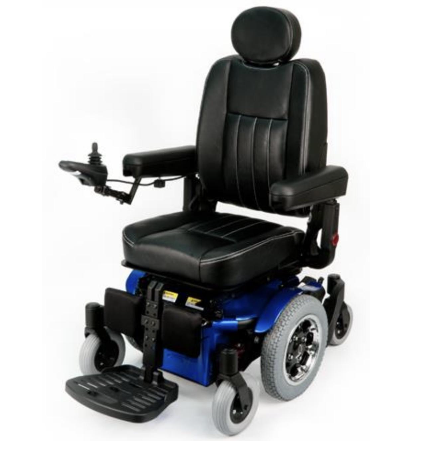
32
New cards
Sip and Puff
\- allows control of the wheelchair by sipping (breathing in) and puffing (breathing out) on a straw located near the mouth. \n - generally a user will sip a specific number of times to indicate a direction, and puff to confirm the choice and activate the movement of the wheelchair.
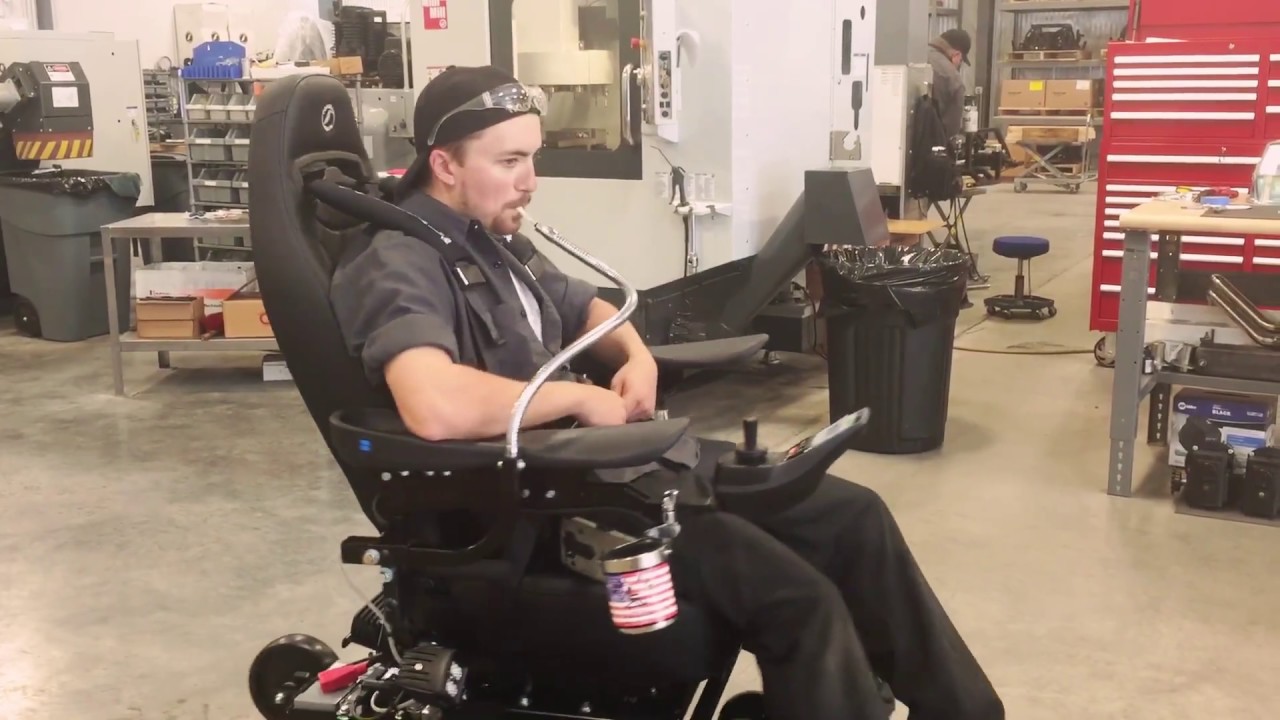
33
New cards
Head Array
\- usually has a three piece headrest (two side pads and one center) with proximity switches built into each pad - by being in proximity to the switch embedded in the pad, the client moves the wheelchair in the desired direction.
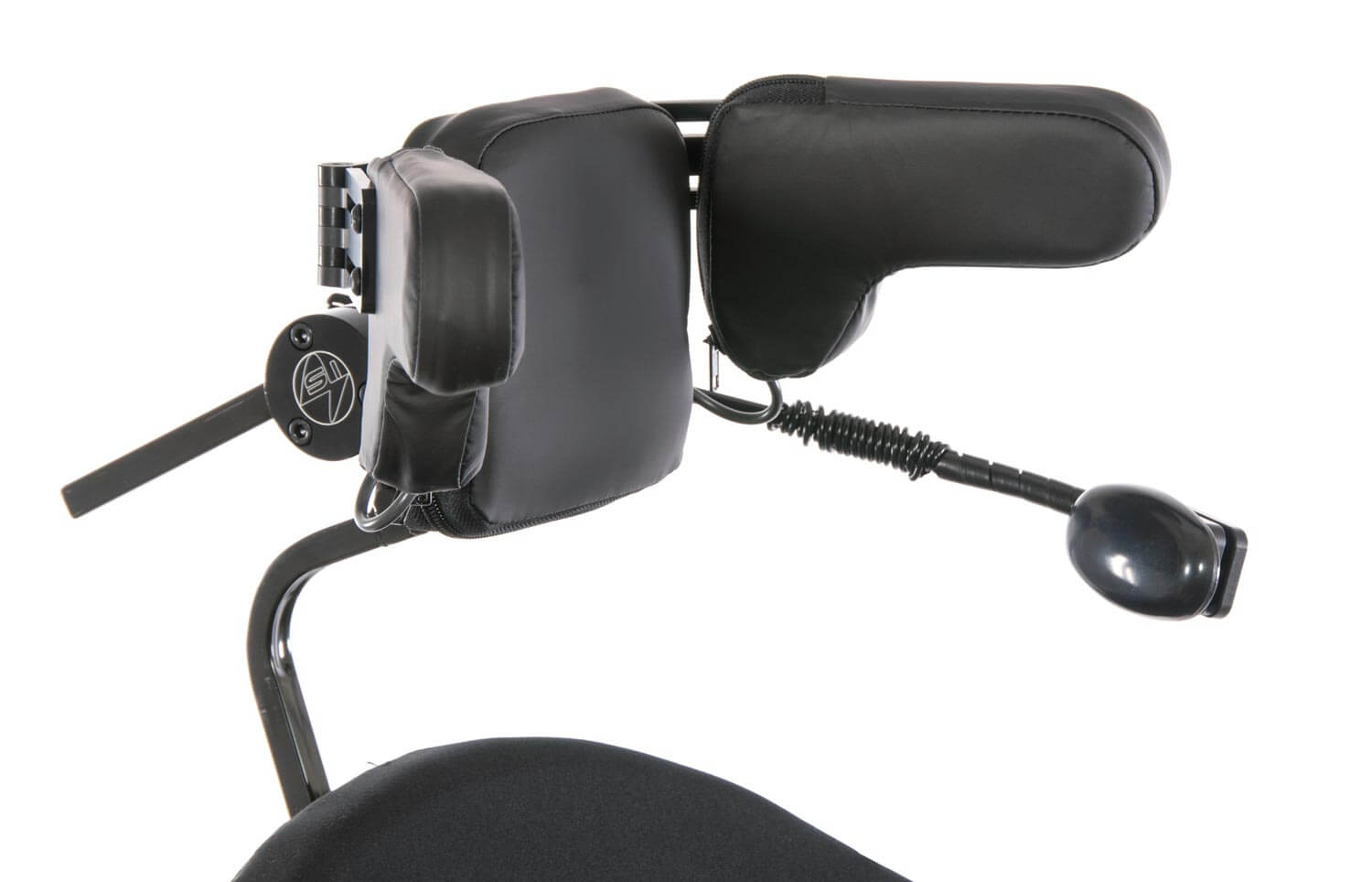
34
New cards
Voice Activated
\- a throat microphone picks up the vibration of the vocal cords when the user speaks the commands
\- in some cases a headset microphone can also be used
\- in some cases a headset microphone can also be used
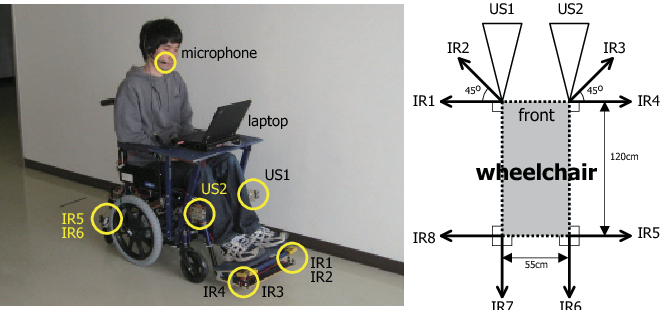
35
New cards
Sports Wheelchairs
\- used for sporting activities
\- key feature includes:
* *low back rests*
* *canted rear wheels*
* *small handrims*
* *adjustable axles*
\- key feature includes:
* *low back rests*
* *canted rear wheels*
* *small handrims*
* *adjustable axles*
